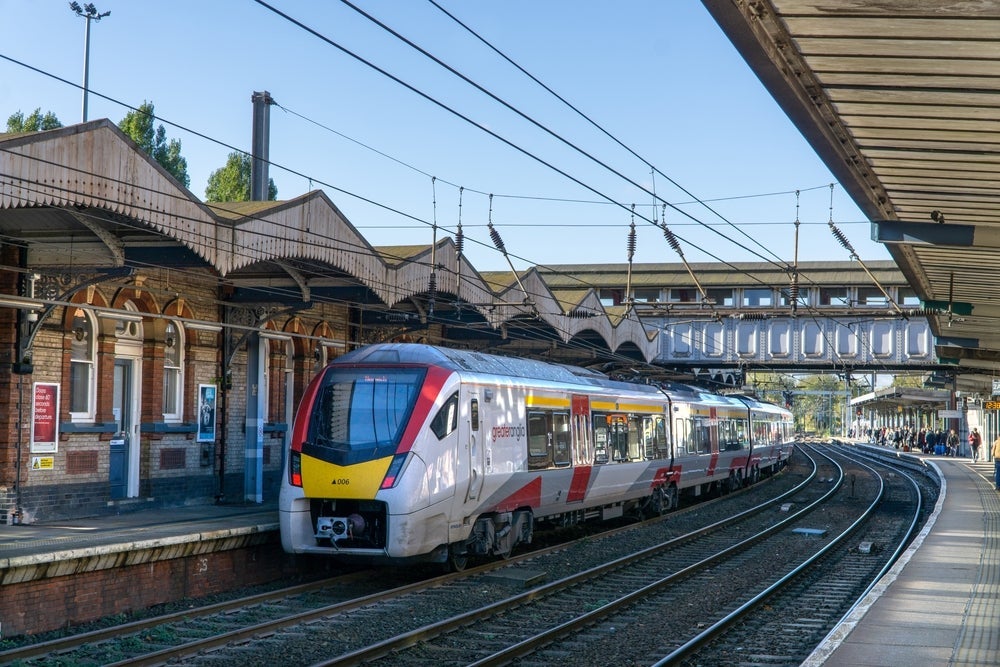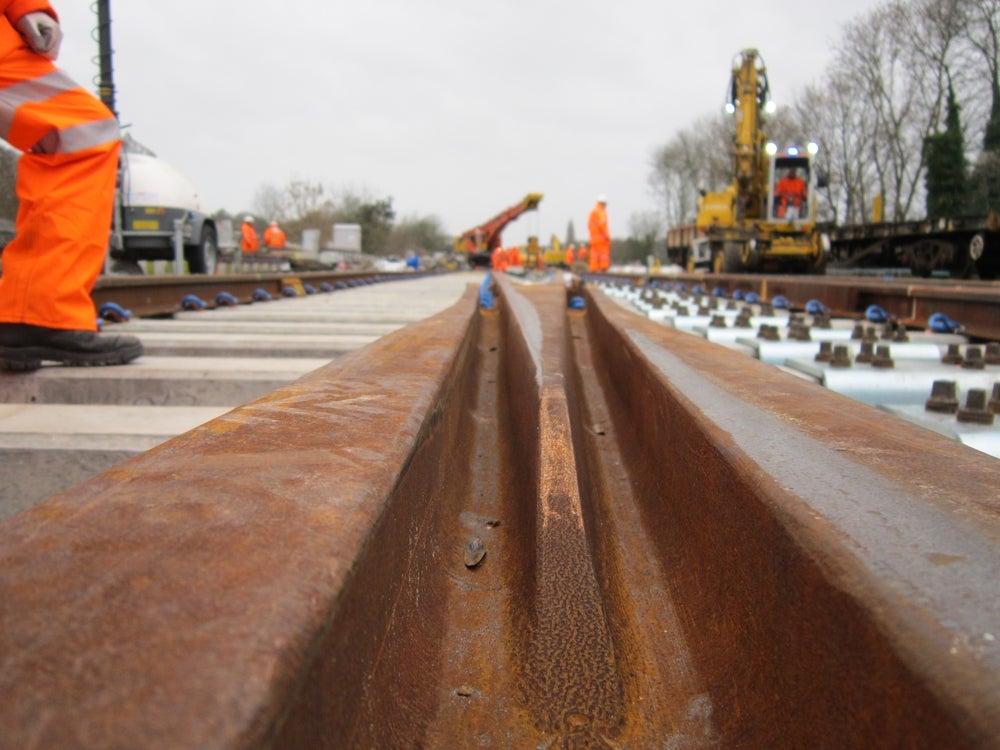Stadler has secured a €170m ($207m) contract from Slovenian state-owned rain operator Slovenske Železnice for the supply of 26 trains.
Stadler is set to deliver 11 single-deck four-car FLIRT EMU trains, as well as five FLIRT DMU and ten double-deck KISS EMU locomotives as part of the deal.
The contract also includes a flexible option to increase the size of the order by 26 additional units.
Stadler’s four-car FLIRT trains are fully electric vehicles that are capable of quickly attaining speeds of up to 160km/h.
The maximum seating capacity of each train is 235 passengers.
The Slovenian rail operator intends to deploy the new locomotives to offer greater security and an enhanced travel experience for commuters along its network.
How well do you really know your competitors?
Access the most comprehensive Company Profiles on the market, powered by GlobalData. Save hours of research. Gain competitive edge.

Thank you!
Your download email will arrive shortly
Not ready to buy yet? Download a free sample
We are confident about the unique quality of our Company Profiles. However, we want you to make the most beneficial decision for your business, so we offer a free sample that you can download by submitting the below form
By GlobalDataFrance-based state-owned public transport services provider Régie Autonome des Transports Parisiens (RATP) has awarded a contract to Alstom to deploy its interchangeable Communication Based Train Control (CBTC) system across Paris Metro’s line 6.
Alstom will supply a radio communication solution and on-board technical system for automatic train operation under the agreement, which is slated to be installed at a total of 28 stations along line 6.
The contract also covers the validation, installation, testing and commissioning of the supplied systems.
The new CBTC is expected to help ensure safety during remote operations, as well as assist in monitoring traction control and braking systems across the network.
Egypt National Railways (ENR) has awarded an upgrade contract to Thales for the modernisation of a 48km rail network between Cairo and Benha.
The contract forms part of a larger initiative that aims to modernise the Cairo-Alexandria line.
The modernisation project is scheduled to include the installation of signalling technologies similar to those currently used on the rail line between Benha and Alexandria.
It will also see the deployment of interlocking devices and level crossings.
The installation of the same technology across the rail line is anticipated to enable ENR to have a greater degree of control over operations across the network.
Rail Vikas Nigam (RVNL) has awarded an engineering, procurement and construction (EPC) deal to Reliance Infrastructure (RInfra).
The Rs7.74bn ($116.9m) contract will see RInfra construct a third rail line from Jimidipeta to Gotlam.
It also covers the construction of staff quarters and 13 new railway stations, in addition to various electrification, signalling and related works on the line.
The planned rail line will run across Andhra Pradesh and Odisha and is expected to provide an important link for freight and passenger movement.
Atkins has secured a contract from RB Rail to carry out the Rail Baltica Infrastructure Management Study for the Rail Baltica Global project.
Atkins will conduct in-depth research on various factors that will affect the project’s development as part of the initiative.
The study is intended to develop an optimum model for the Rail Baltica Global project, which is slated to connect the Baltic States with the European rail network.
The research is expected to begin in the second half of the year.






